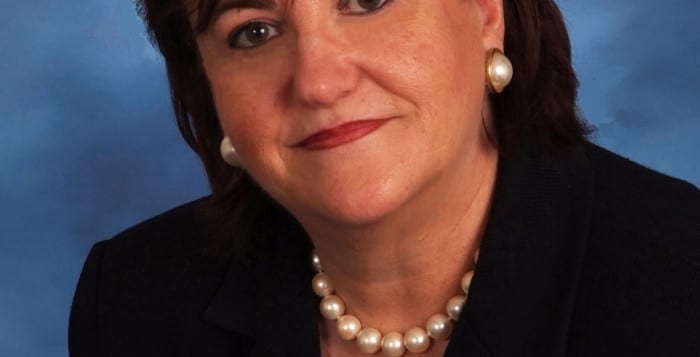Teddy will be 10 years old this week. Who is Teddy? That’s an interesting question that we have frequently debated over the years. Ostensibly Teddy is a dog, a gorgeous golden retriever, on the large and hairy side.
But we who live with him know differently. While he masquerades as a dog, trotting around the house drinking and eating from his dog bowls and otherwise sleeping and greeting, we know he is much too wise to be a dog. I’ve not been a believer in reincarnation particularly, but if there is such a process, Teddy is the real deal.
We’ve speculated on which of our ancestors he might be, and we’ve not come up with a certain identity. But there is no question regarding his intelligence. For example, when we are sitting in the living room and talking, he will curl up in the center of the room and join the conversation. Really. To the extent that he is able, he communicates with throaty and moaning sounds up and down the human scale. When he wants to go out, he will come over to where I am reading and try to look me in the eye. If I refuse to meet his gaze, he will plop his head across the newspaper or book I am holding, forcing me to acknowledge his presence.
When I do, he will jerk his head in the direction of the front door repeatedly until I get up to get the leash.
Then he will bound toward the door while uttering a series of falsetto sounds clearly expressing his joy.
OK, so that’s not so brilliant. Every dog knows how to communicate its biological needs to its walker. But consider this. It’s raining, dark and late. I’m standing in front of him, leash in hand, asking encouragingly, “Want to go out?” No response. “Want to go out?” I ask again. Unmoving, he will shake his head from side to side. He has mastered the body language for “no.” He can also spell. If the time is right for his next outing and I interrupt the conversation with my family by asking if anyone wants to take him o-u-t, he will jump up and rush toward the door with the ritual histrionics.
Goldens do have the most expressive brown eyes. Sometimes, when I have something on my mind and no one else is around to overhear my monologue, I will talk to Teddy and he will fix his limpid eyes on me all the while. Now he may just be thinking, “What on earth is she carrying on about?” hoping that, if he stays still long enough, in the end I will give him a dog cookie. But that’s the wonderful thing about dogs: They never seem to have pejorative thought about the people who care for them. One of their greatest attributes is that they can’t repeat what you tell them. They can only listen sympathetically. We should all be so smart.
Teddy loves broccoli and kale, especially when prepared with some garlic. He also eats yellow and red peppers, spinach, mushrooms and onions, all with gusto. He does not eat tomatoes nor bananas.
Teddy bears his age with grace. In human years, he is in his 70s, and his hips give testimony. He has some distinguished white hairs among the gold around his muzzle, and he definitely likes to sleep a little later in the mornings. He has developed an impressive snore. Our daily walks are a stately event. No longer do I have to keep him on the leash for fear he will dash off to the nearby beach or visit his friends in the adjoining yards. He is content to walk at a moderate pace beside me — most of the time. When a rabbit crosses our path, he will look at it almost quizzically, as if wondering why he used to get all steamed up chasing a bunny.
A cat? Not so much. He will still go off in pursuit of one — for at least 50 feet — and then return to my side looking mildly embarrassed.
He needn’t be because one of his endearing traits is his playfulness. I never scold him for being a dog, even a dog in disguise. And I appreciate that, even if he is past retirement age, he still works at his job. He knows that his job is to guard the house, and if anyone should drive up in a car he doesn’t recognize, he will let loose with a series of ferocious baritone barks. That is, if he hasn’t slipped downstairs for a civilized afternoon nap. Happy Birthday, Teddy.







